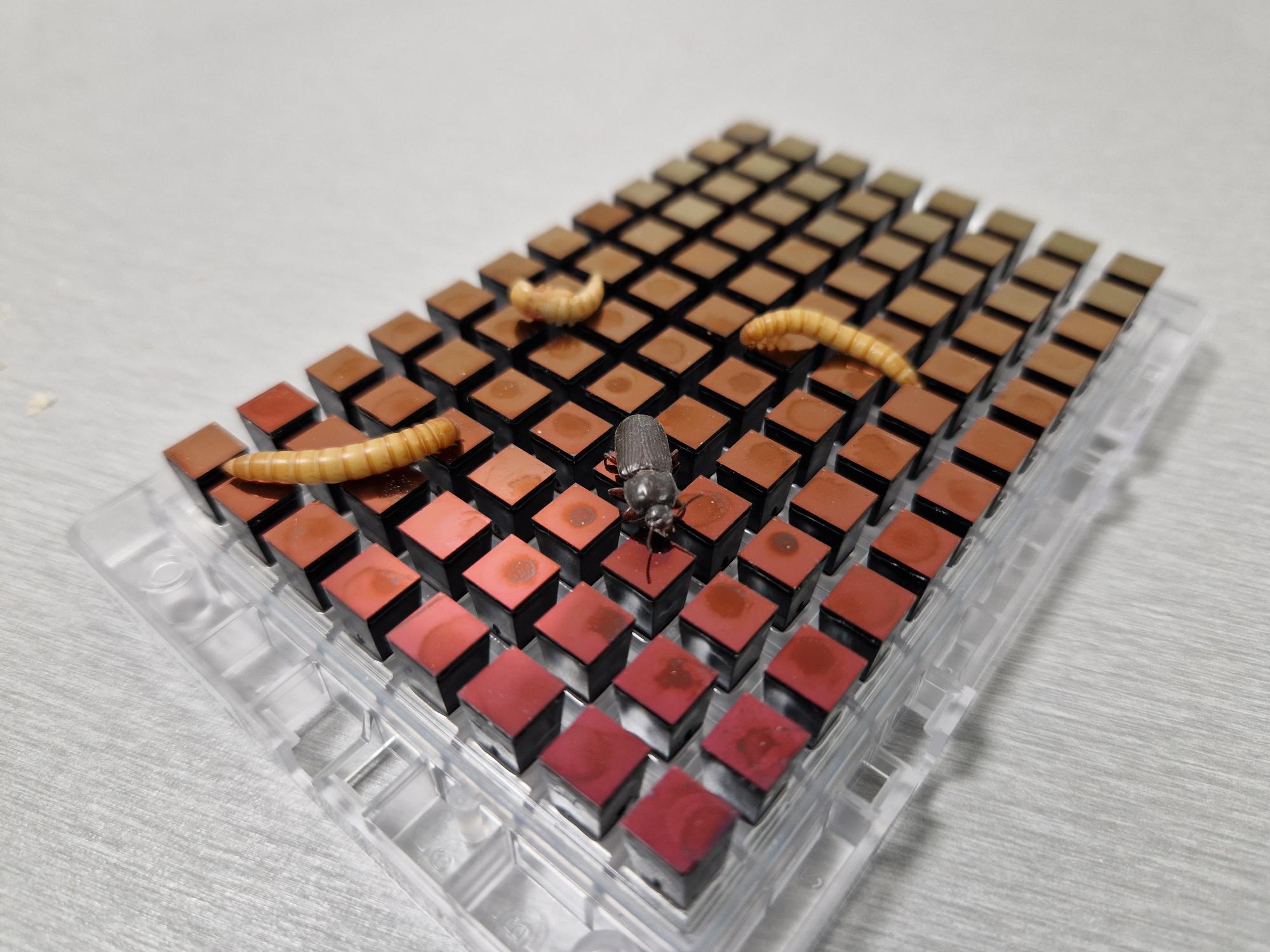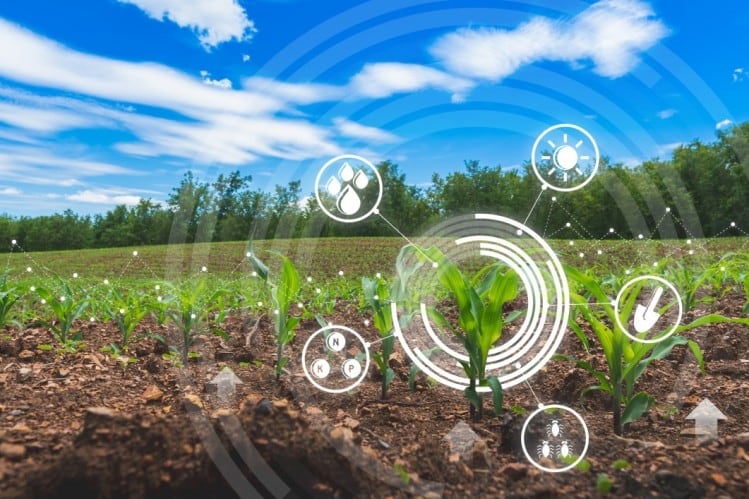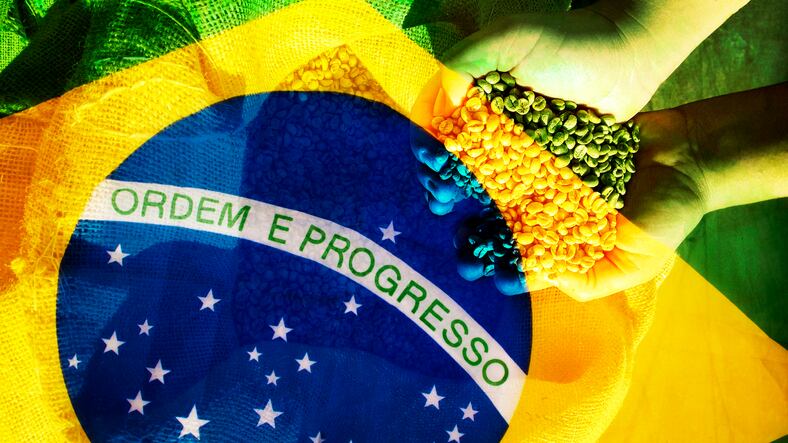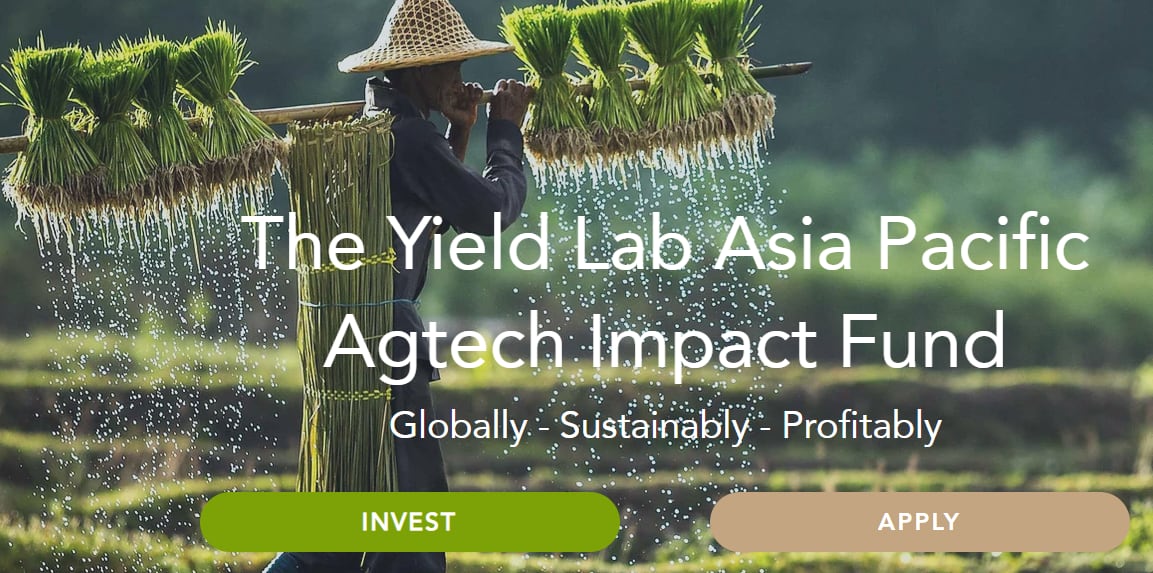The APAC food industry faces a variety of challenges, ranging from supply chain disruptions to changing consumer preferences. One major hurdle is ensuring food security in the face of population growth and urbanisation. Additionally, the region grapples with the need for sustainable agricultural practices to address environmental concerns.
Barriers to overcoming these challenges include limited access to technology and education for farmers, which hampers the adoption of modern, sustainable farming methods. Inadequate infrastructure and fragmented supply chains further impede efforts to ensure a stable and efficient food supply.
The impact on the region’s industry and population is profound. Food insecurity can lead to nutritional deficiencies and health issues among the population. Economic repercussions are also significant, as the food industry is a crucial contributor to many APAC economies.
Furthermore, environmental degradation resulting from unsustainable practices poses long-term risks to the region’s ecosystems and biodiversity. In addition, by 2050, the region is predicted to be home to 67% of the world’s one billion hungry and see 37% post-harvest losses in agriculture production.
Addressing these challenges requires a multi-faceted approach, involving investments in technology and infrastructure, promotion of sustainable farming practices and initiatives to enhance education and awareness within the agricultural community. Only through coordinated efforts can the APAC food industry build resilience, ensure food security and foster sustainable development for the benefit of its population.
Sector focus for big-picture results
ID Capital aims to address these challenges through its role as a “sector-focused investment and advisory company” whose fundamentals encompass demographics pointing to Asia, collective intelligence, and ingenuity driven by necessity. Its goal is to provide a “springboard for the latest APAC food and agriculture innovations to solve the food industry’s biggest challenges”, so that “cross-pollination with the rest of the world can now happen”.
To date, it has backed insect ingredient pioneer Ynsect; resiliant agriculture digital platform Regrow; material sciences start-up Great Wrap and upcycling innovators ANPOLY, among others.
Speaking to AgTechNavigator, founder and CEO Isabelle Decitre said the company sees significant growth potential in Asia, especially China. “For a majority of non-US start-ups, planting a flag in the US and gaining some traction there is still a win — sometimes due to a lack of other compelling short-term options for regulatory clearance (such as in precision fermented ingredients and cultivated meat), sometimes just because of the size of the pie.
“However, I see things slightly differently for most of our portfolio companies. First, growth is really in Asia, even if a pan-Asian approach is rarely sensible with limited funding. Hence, start-ups should evaluate carefully which Asian countries they want to be in.
“Secondly, we see China playing a catalytic role in sectors as diverse as bio-manufacturing and digitalisation of agriculture, owing to strong government stewardship, and in the case of the latter, the country’s capacity to drive land consolidation that then facilitates technology adoption.”
She added that in comparison, despite the promising agtech developments in Europe driven by “unparalleled awareness around sustainability”, the region’s markets and funding were “not the most supportive”. However, she said, “This is where strategic alliances could come into play.”
Agtech entrepreneurial assessment: ‘More art than science’
Decitre said that in order to achieve the aforementioned goals and ensure entrepreneurs are well-equipped to develop sustainable agri-food systems, ID Capital goes by the adage “save your business first if you want to save the planet”.
“Once we have developed an opinion on the impact a start-up can have at scale — as much as one can tell at the time of a Series A investment, where a start-up typically does not have a commercial product — we take a stance on the quality of the team and defensibility of their technology.”
She added that the company seeks entrepreneurs who “think big and are resilient”. However, she further said “That does not easily translate from a line in their CV, so how we assess it is more art than science. But in the end, this gives a strong edge to serial entrepreneurs, even if their previous ventures were not highly successful.”
Acknowledging that agtech is still a niche investment vertical with very few exits to date, Dectire said, “We need to be aware of what lies ahead of each investment round we participate in, in terms of the funding journey.”
“Therefore, we look for companies addressing a big pain point in a growing addressable market. We are also very careful about how the total addressable markets and serviceable obtainable markets are defined, as impressive figures are easily thrown into pitch decks but can fail to materialise if, say, the ‘unfair’ advantage a start-up can count on does not translate in other geographies.”

For instance, agtech start-ups with high-quality tech stacks and anchorages in their initial operating countries or regions but that have experienced no barriers to entry would need to offer something more to succeed in another country or region. “So the question becomes: Is their domestic (or first) market sufficient to build sustainable growth and generate a sizeable exit?” said Decitre.
“There are a few points we typically consider as big deterrents: an unclear path to regulatory approval in key jurisdictions and a high level of dilution of the founders at an early stage. Combined with the risks inherent in tech start-ups, it’s a bit of a ‘double whammy’.” As such, she said that no matter its interest in a product or service proposition, ID Capital would prefer to pass on investing in start-ups that exhibit these deterrents.
Once it has selected companies in which to invest, however, the company goes all-in on helping portfolio firms accelerate their business development, a practice Dectire attributes to ID Capital’s model of being both a private investor and an advisor to larger stakeholders.
However, she said: “This does not mean forcing a deep or permanent interaction with founders. It’s perfectly okay if a founder does not need our support for some time. We know they need to manage their time more than anything else and are not obliged to entertain their investors with updates beyond an appropriate level of reporting.”
Success indicators and ‘stellar potential’
According to Decitre, ID Capital has “come to accept” that key performance indicators (KPIs) are deal-specific and therefore, shies away from “complex and rigid” environmental, social and governance (ESG) frameworks.
Instead, the firm looks carefully at whether a start-up has pivoted to another sector that may be less “mission-critical” — such as cosmetics or pet food — as a way to secure its path to profitability. This approach is used especially when a reinvestment opportunity in a portfolio company is on the table.
Decitre said, “We don’t discount it but try to evaluate if the start-up is on track to deliver some form of impact at scale, or has pivoted to more profitable yet less ambitious market segments. Having said that, our portfolio is still young, with 50% of our start-ups at the Series A stage and the other 50% between Series B and D.”
Over the next one to three years, ID Capital will continue “looking for gems and for diamonds in the rough, more than polished stones”, said Decitre. “If the stellar potential of a start-up is already priced in, we see little upside for ourselves, so we tend to look for unchartered territories and deals outside traditional conference circuits.”
Still, she pointed out that the firm had been sharing its views on what the future might hold every year (since it decided to focus its ecosystem-building efforts on APAC in 2016), with “pretty good foresight on alternative proteins, soil health and other domains”.




